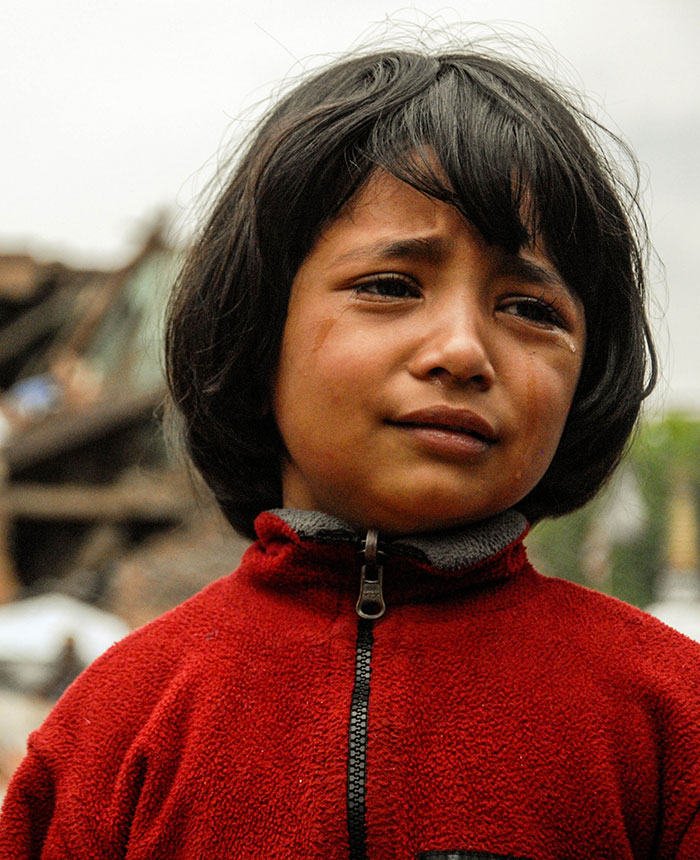UNICEF Strategic Plan 2022 - 2025
We aim to achieve long-term results in five interconnected Goal Areas linked to children’s rights under the Convention on the Rights of the Child. UNICEF’s work in 2022 – 2025 will help to achieve these results, among others.
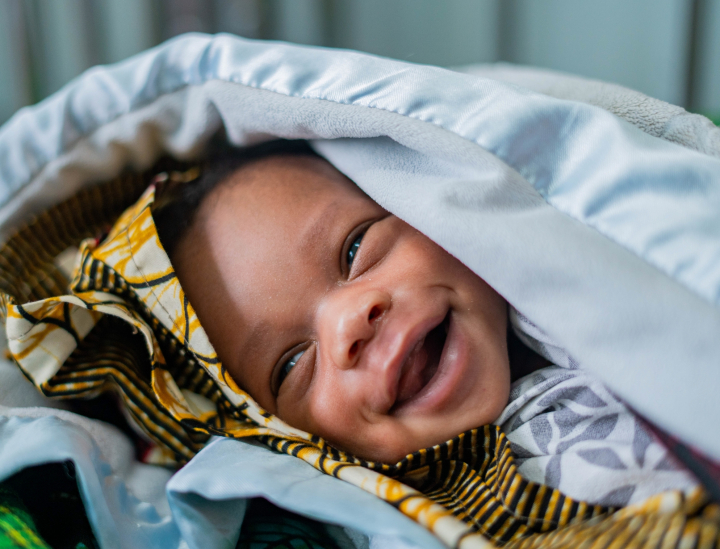 © UNICEF/UN0551440
© UNICEF/UN0551440Every Child Survives and Thrives
- Improve health, development and well-being for children and adolescents globally.
- Decrease global neonatal, child and adolescent mortality
- Decrease the percentage of children under 5 who are stunted or wasted due to malnutrition.
Goal Area 1
Goal Area 1
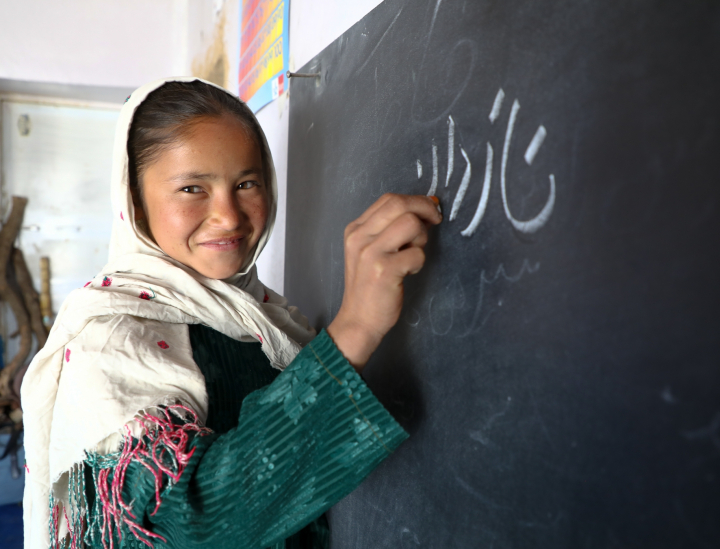 © UNICEF/UN0612270
© UNICEF/UN0612270Every Child Learns
- Increase primary and lower and upper secondary school completion rates.
- Improve equity of learning outcomes, as measured by the equity index.
- Decrease the global learning poverty rate.
Goal Area 2
Goal Area 2
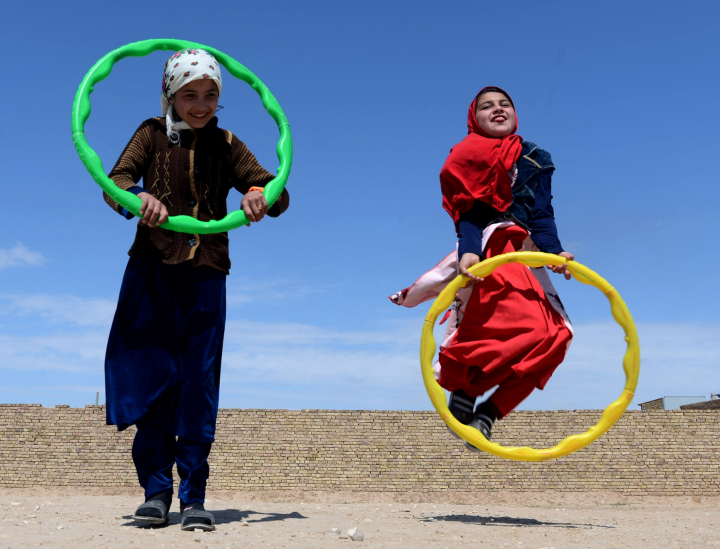 © UNICEF/UN0484305
© UNICEF/UN0484305Every Child is Protected from Violence and Exploitation
- Increase the percentage of children under 5 who have their births registered
- Decrease the proportion of children who experience physical violence or psychological aggression from caregivers.
- Lower the rate of children in detention.
Goal Area 3
Goal Area 3
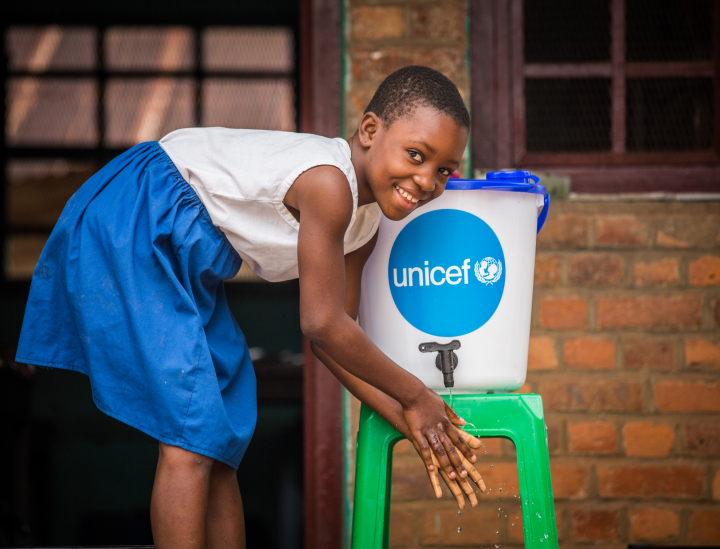 © UNICEF/UN0367574
© UNICEF/UN0367574Every Child lives in a Safe and Clean Environment
- Increase the proportion of the global population using safely managed drinking water services.
- Increase the proportion of the global population using safely managed sanitation services.
- Decrease the under-5 mortality rate attributed to unsafe water, sanitation and hygiene.
Goal Area 4
Goal Area 4
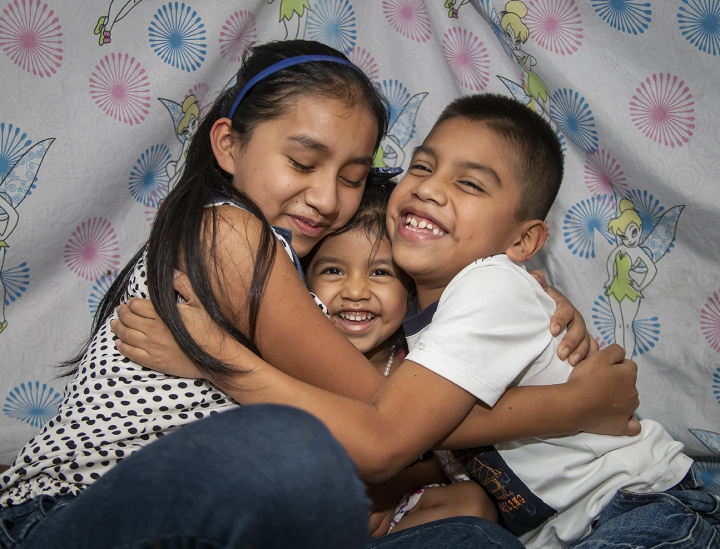 © UNICEF/UNI388995
© UNICEF/UNI388995Every Child has an Equitable Chance in Life
- Increase the proportion of the global child population covered by social protection systems.
- Decrease the percentage of children living in monetary poverty, extreme poverty and multidimensional poverty.
Goal Area 5
Goal Area 5
WHERE WE WORK
UNICEF is active in 190 countries and territories – more than any other children’s organization. Whether we’re partnering with governments, local groups, other UN agencies or other children’s organizations, we bring unequalled experience and expertise in saving and improving children’s lives.
Our vast network means we can take successful approaches from one place and adapt them to meet challenges elsewhere, helping drive results for children at a global scale.

Economic and demographic trends are positive for much of the region. Ideally, they will help open the way to improving services and support for children, and to protecting their rights.
The challenges facing the region are as varied as its history. Building on the strengths of their culture and tradition, we work with communities to advance the rights of every child.
Child protection is among our highest priorities in the region. When they are given the best start in life, children grow up to be healthy and well-adjusted, both intellectually and socially.
National Committees for UNICEF advocate, educate and raise money for the critical actions that improve children's lives.
In 34 countries, they work with us to give a voice to children and their concerns.
Our programmes in the region help to inspire a common vision of child rights, and to mobilize societies to pursue that vision so that the rights of every child are fulfilled.
Our programmes touch many facets of the lives of children and women in the region. We advocate for the help advance their rights to health, education, equality and protection.
Qatar
Saudi Arabia
State of Palestine
United Arab Emirates
Yemen
We draw on the strong, local traditions of social participation in this diverse region to design and carry out programmes that help communities nurture their children and allow them to flourish.
Child survival is among our primary concerns in the region. By fostering respect for the rights of children, whether in peace or in war, we help ensure that they live and prosper.
Benin
Burkina Faso
Cameroon
Senegal
Sierra Leone
Togo










![photo_4_1_1_1[UNI41896] photo_4_1_1_1[UNI41896]](/cache/img/c2c7d9fbc78d7adc9c8fdb0fea6c569e.jpg)
![photo_4_1_1_1[UNI41896] photo_4_1_1_1[UNI41896]](/cache/img/3c2eb3d4e05d834dfd277428ddf49b80.jpg)
